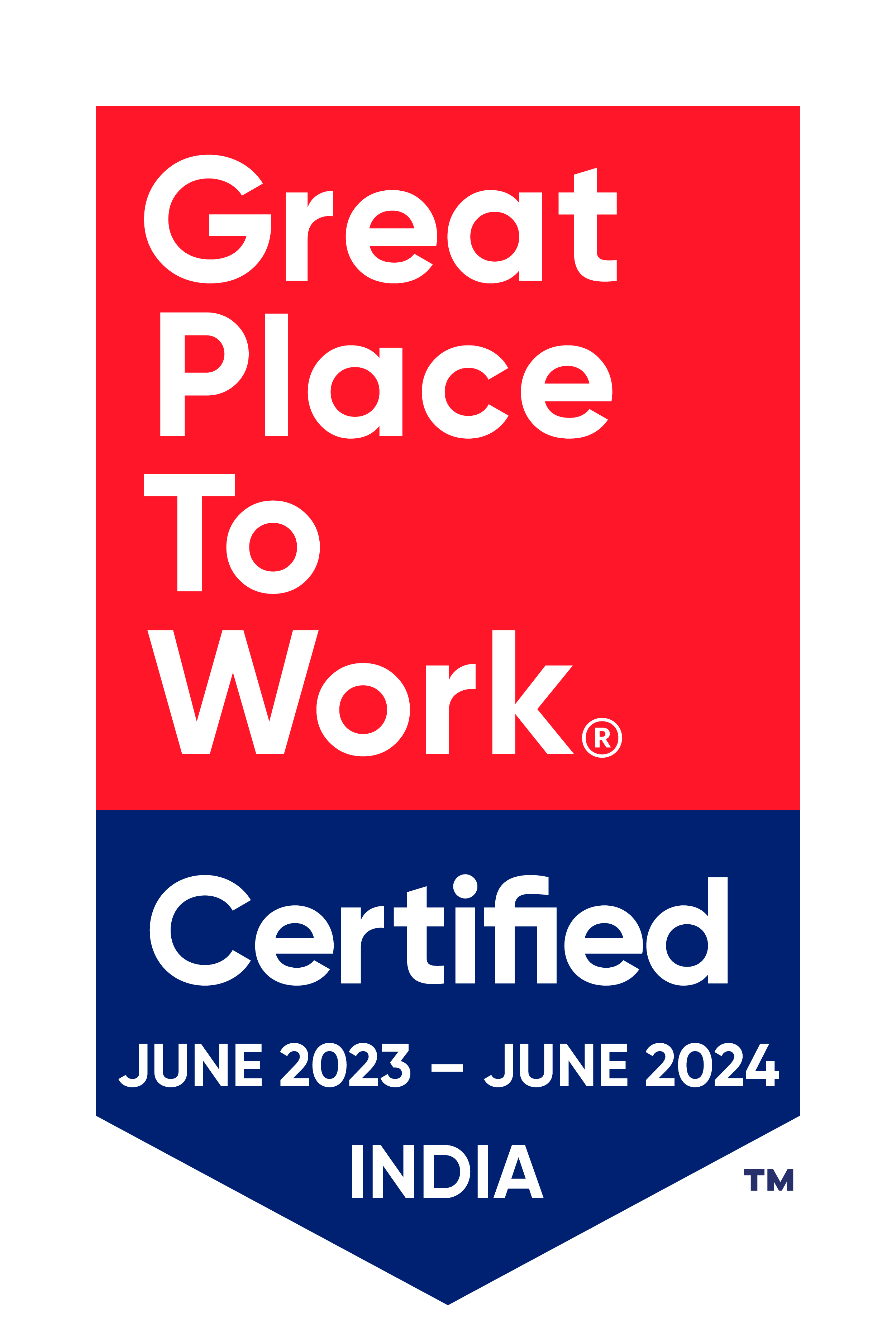Publish Date : June 16, 2018
Kalam Institute of Health Technology (KIHT) a regional hub for conducting health technology assessment recognized by department of health research under the union health ministry has got another feather in cap by getting associated with Joanna Briggs Institute (JBI), University of Adelaide as the affiliated group.
KIHT would focus on medical devices and diagnostic and associate with other JBI centres in this domain of research. All the studies done in this space would be submitted to JBI and KIHT would like to involve in supporting and leading JBI in medical devices and diagnostic space globally.
Andhra Pradesh MedTech Zone Ltd (AMTZ), India’s first government funded medical devices manufacturing park would now be also hosting JBI along with cluster of 250 manufacturing units includes common scientific facilities like electro-magnetic interference testing, biomaterials testing, gamma irradiation, rapid prototyping centre, etc., Indian biomedical skill consortium, World Health Organization (WHO) pre-qualification cell, directorate of radiation and medical devices promotion council.
These institutes would contribute in developing standard and quality in Indian medical technology industry and services and bring Indian market at par with global market.
The Joanna Briggs Collaboration (JBC) is a key body that contributes to the global success of the Joanna Briggs Institute, with respect to scholarly outputs and geographic footprint. The JBC has grown exponentially over the course of the 20-year history of the Institute and now incorporates more than 80 entities internationally across five regions of the world.
WHO has selected AMTZ to host its pre-qualification cell for in vitro diagnostics (IVD) which is a first of its kind in South East Asia.
This pre-qualification cell, which will provide guidance to Indian manufacturers on the WHO pre-qualification of IVDs programme and will also enable manufacturers to match global quality standards. It will also help manufacturers to participate in UN procurement process for IVD devices enabling export.
WHO will provide the required training to the support cell staff to guide the manufacturers about WHO pre-qualification expectations while AMTZ will handle day to day operations. AMTZ with in-house high investment scientific facilities would help manufacturers reduce the cost of manufacturing by more than 40 per cent to 50 per cent.
 Skip to content
Skip to content

